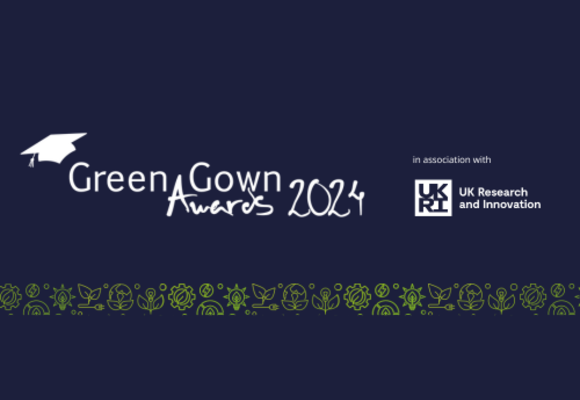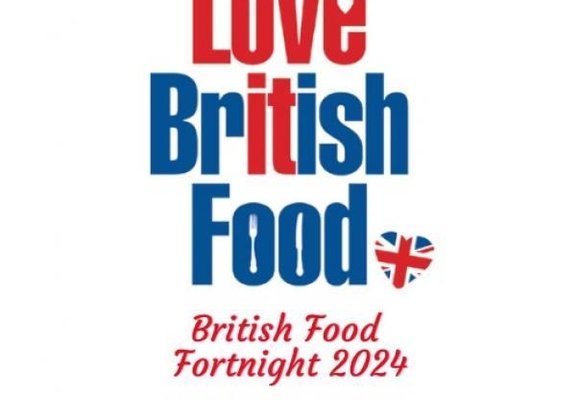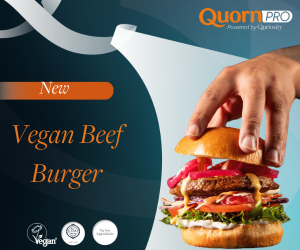The world is watching with bated breath as almost 200 countries gather for the start of the UN Climate Change Conference of the Parties (COP26) taking place in Glasgow between 31 October – 12 November 2021.
‘Work together to deliver’ is a key principle of COP26 and in the spirit of collaboration, UK Universities Purchasing Consortium (UKUPC) is providing a summary, each day over the next fortnight, of the key points arising from the conference. We’ll also be highlighting our members planned activity in response to the climate emergency.
At the G20 summit in Rome yesterday, the G20 group agreed to pursue efforts to limit global warming with "meaningful and effective actions". With the 19 countries and the EU accounting for 80% of the world’s emissions, commitment to net zero emissions by 2050 is seen as key.
The main message from yesterday’s gathering is that the time to turn words into action is now if the average rise in global temperature is to be kept within the main goal of 1.5 degrees and to avoid climate catastrophe. This requires action at all levels; world, country, organisation and individual.
Our COP26 member focus today is on Royal Holloway University of London.
Royal Holloway University of London (RHUL), a member of the COP26 University Network, realises the importance of affirming its commitment to action for the future of the university. A key aim is implementing an ethical sustainable procurement policy which is integral to Sustainable Development Goal 12: responsible consumption and production.
As part of its plans for a COP26 Forum, RHUL has been working with academic departments, and the estates and professional services departments, to deliver a programme of activities and events designed to showcase its commitment to sustainability. The university’s catering team is encouraging staff and students to reduce meat and dairy consumption and embrace plant-based swaps; and is also promoting a vegan street market. Details of the COP26 Forum programme can be found here.
With procurement integral to institutional sustainability planning, RHUL recognises that supply chain management affects not only its ability to manage costs but also to minimise and mitigate environmental footprint. Its approach to this area has implications for the reputation, research and teaching environment of our university and the well-being of staff and students. RHUL’s community (students, staff, and partners) expect the university to lead by example and to put the well-being and the future of the planet high on the agenda; as a result, RHUL is implementing environmental policies to address catering, procurement, and waste management.
The COP26 Forum will provide a welcome opportunity to share the work that RHUL do and help to bring academic and administrative staff together in the sharing of ideas for future development and best practice. Its recent catering environmental policy commits the university to chemical-free cleaning materials, sustainable procurement of fish and meat, vegan and vegetarian accreditation, and a Palm Oil policy that will seek to avoid products connected to unsustainable monocultural production. RHUL will use its Forum to push for the elimination of single use plastic, encourage the use of cups and mugs (rather than paper cups) and promote the refilling of multi-use water bottles. Plans are also afoot to develop a reward system for more sustainable behaviour.
RHUL will play an active role in responding to the task of living sustainably both locally and beyond. Its new challenge-led initiative in Living Sustainably elevates further the ground-breaking research being carried out at Royal Holloway and its partner institutions including national governments, non-governmental organisations, international bodies, commerce and industry, and civil society.










